Despite the fact that progress is not standing still, everything in the world is being modernized and renewed, people have not learned how to defeat helminths. They did not decrease even after new and effective drugs.
Each of the 250 parasites known to mankind in its own way negatively affects human health, causing various diseases with symptoms unique to them.
Classification
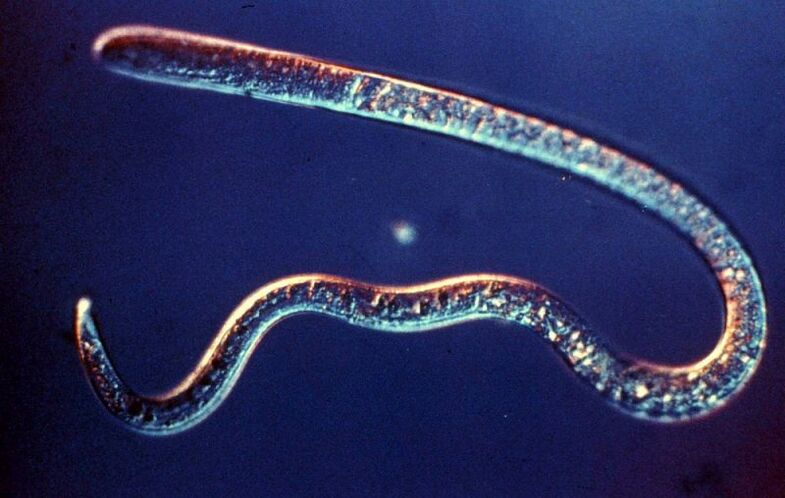
To make it at least a little easier to deal with these parasites, people tackled their study. There are several types of worms with similar characteristics and external data.
The first type includes roundworms. The other combines flatworms, which include tapeworms and flukes.
Worms are:
- Contact;
- Biohelminthic;
- Geohelminthic.
This classification depends on the way they are introduced into the body and the place of distribution.
Biohelminths
These are bovine and porcine tapeworms, echthnococci, cestodes and trematodes. In order to complete their life cycle, these parasites must change several hosts. They can infect insects, mollusks, crabs, fish and humans, which eventually become carriers of helminths.
Geohelminths
These parasites include:
- Ascaris;
- Vlasoglava;
- Hookworms;
- Necators;
Such parasites do not need a medium host for normal development.
Contact
This group includes pinworms, which make people suffer from enterobiosis, and dwarf tapeworms, which cause hymenolepiasis.
How can you get infected with worms?
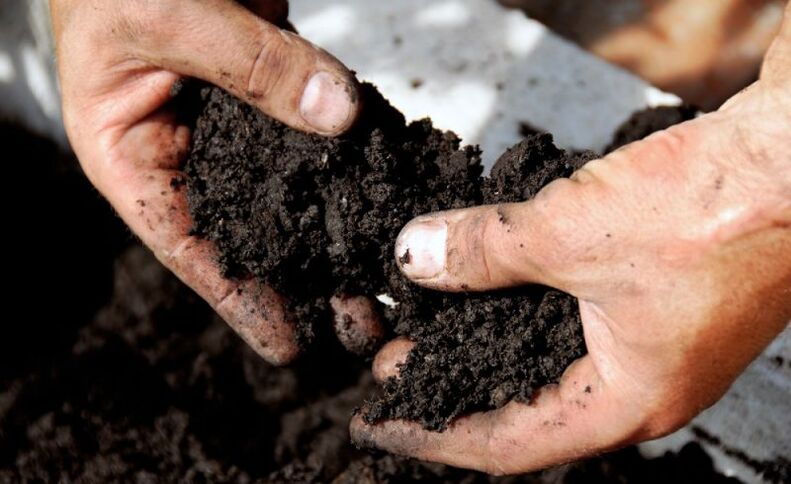
- Biohelminths end up in humans due to the intake of insufficiently processed pork and beef.
- In low-salt or raw fish, wide tapeworms or opisthorchis can lurk, because river waters and lake waters are rich in larvae of parasites that live in them. Passengers often make fatal mistakes when drinking, washing dishes or vegetables with such water.
- Geohelminths, or their larvae, have been in the soil for some time, reaching there along with the feces of infected people and animals. The new owner does not wait long. There are many people who do not wash their hands while outdoors or after working on the ground.
- Helminthiasis can join a perfectly healthy person after contact with an infected person, if there are a lot of dust particles with parasite eggs in the air, through dishes and household items.
Where do worms settle in humans?
Most adult worms often settle in the large intestine. There are shelters and pinworms and whips. Clonorchis, oporhis, fasciola are often observed in the liver. They all belong to trematodes.
They cause irreparable damage to the biliary tract and liver, forming echinococcal cysts from which worms disperse after rupture.
Ordinary worms
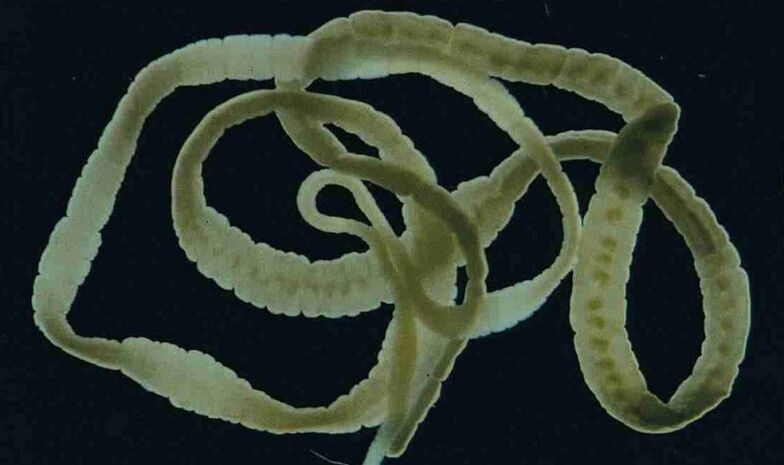
The most common worms in humans are:
- Ascaris (causes ascariasis);
- Broad tapeworm (causes difilobotriosis);
- Pinworms (enterobiasis).
People who suffer from the proximity of these parasites have hypovitaminosis, anemia and other disorders in the body.
- Ascariasis can occur in a person after eating dirty vegetables and fruits.
- Diphylobotriasis is contracted from poorly cooked fish and caviar.
- Enterobiosis occurs after contact with infected people.
The development of worms in the acute stage lasts 15-65 days, the course of chronic fungal infestation continues for 35-65 days after the acute phase. Due to the presence of helminths in the organs, they are squeezed out and mechanically damaged, both the organs and the nearby tissues.
The transition from helminthic invasion to chronic form is fraught with reduced immunity, leading to fungal, viral and bacterial diseases. Often helminthic invasion becomes the cause of cancer.
Signs of worms in an adult
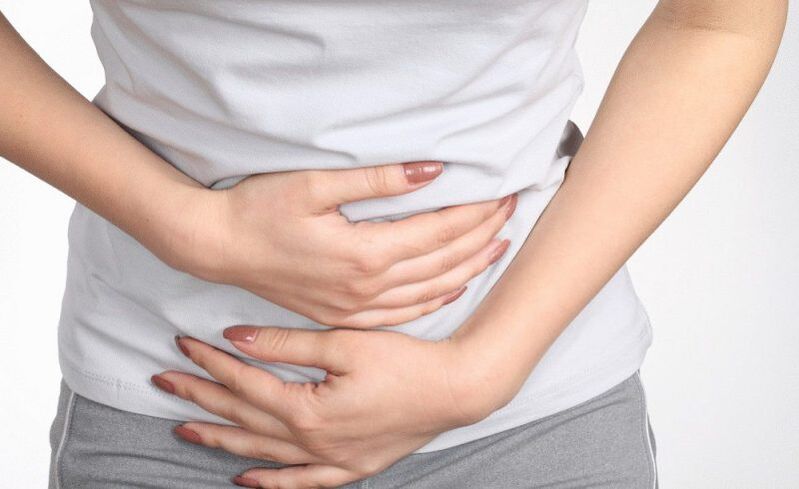
Symptoms generally depend on which worm attacked the body. There are certain signs for each helminthic invasion.
Ascariasis
Ascaris infection is characterized by the following symptoms:
- Skin rash;
- Nausea accompanied by abdominal pain;
- Decreased appetite
- Increased eozonophile rate.
Prolonged stay in the body of ascaris can lead to peritonitis, appendicitis and intestinal obstruction.
Diphylobotriasis
This helminthic invasion is often accompanied by the following symptoms:
- Nausea;
- Stool problems;
- Isolation of parasitic fragments;
- Stomach pain;
- Acute weight loss.
After that, people develop severe anemia due to a lack of protein, iron and B vitamins.
Enterobiasis
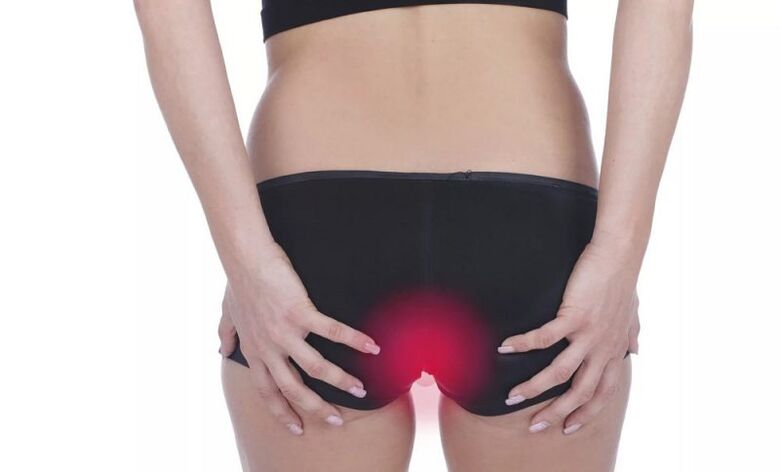
This disease is accompanied by:
- Itching in the anus, which can often lead to dermatitis;
- Abdominal pain of unknown origin;
If we consider the general symptoms of helminthic invasion, then it manifests itself in the following:
- There are, for no reason, incomprehensible itchy rashes;
- Locations of kidney parasites;
- Coughing without signs of a cold, with attacks of suffocation;
- Worrying fever;
- Regional lymph nodes are enlarged;
- Weakness, fatigue are observed;
- Serious diseases appear - allergic myocarditis, meningoencephalitis, pneumonia, hepatitis;
- Lymph nodes are affected;
- There is blood in the urine;
- The stool is disturbed, bloating and impurities of blood in the feces are noticed.
Treatment of worms in adults
It is necessary to treat worms in humans under the strict supervision and control of a doctor. This applies to both children and adults. The slightest deviation from the dose of the drug can lead to serious consequences.
There are certain medications for each type of parasite:
- Preparations containing mebendazole can neutralize and destroy trichocephaly and enterobiase.
- Drugs containing chloramphenicol fight against hookworm, roundworm, nectar, toxoplasmosis, roundworm.
Folk remedies

Traditional methods can be used to cure and neutralize worms in adults. Pumpkin seeds are the most effective. There is nothing complicated in the recipe.
You need to take the following ingredients:
- 100 g peeled pumpkin seeds;
- 100 g of water;
- 2 tbsp. l med;
All this must be mixed well and whipped into a porridge. This mixture is consumed on an empty stomach per 1 tbsp. spoon every hour. After that it is necessary to make an enema for cleansing with the addition of garlic and take a laxative.
Under no circumstances should you self-medicate. Your doctor will tell you how to effectively treat worms. They will also prescribe the correct dose, diet required, maintenance medications after the parasite is expelled. There is no need for panic and hysteria. We better get together and defeat this evil as soon as possible.
Prophylaxis

It doesn't take much to try to bypass the helminthic invasion. It is enough to follow some tips and recommendations of parasitologists:
- Lead a healthy lifestyle.
- Use only clean water, individual household items.
- Monitor the health of your pets, taking steps to prevent their helminth infestation.
- Eat only clean food.
- Perform a thorough heat treatment of meat and fish.
- Take anthelmintics to prevent worms, especially if you have four-legged pets at home.
- Try to use lightly salted fish and its caviar as rarely as possible, and it is better to exclude them completely from the diet.
























